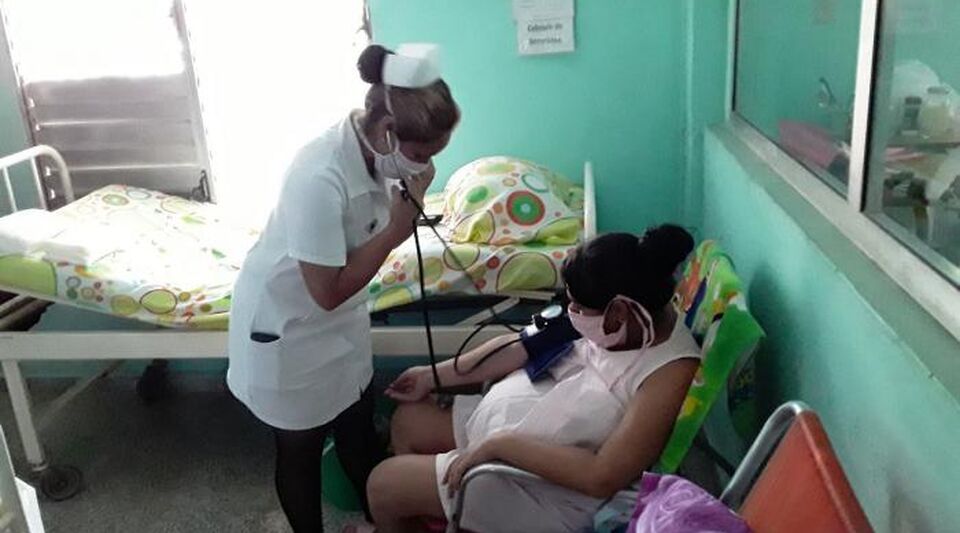The figures are official and overwhelming: 70% of pregnant women in Havana have anemia. It is the percentage of women who are treated in the Gynecology and Obstetrics unit of the Eusebio Hernández Hospital, in the capital, known as the Obrera Maternity, but according to Dr. Jordanka Rodríguez Morales, “it is almost the generality in the other maternity hospitals in the city.” .
In an interview published Sunday in Tribune of Havana, the specialist details that the majority of pregnant women about to give birth arrive at the hospital below 11 grams per liter of hemoglobin in the blood, below which they are considered anemic: “They arrive with 10 grams, and many even with 8”, so They need blood transfusions.
“Presenting this situation at 34 weeks shortens the time to offer them treatment,” continues the obstetrician-gynecologist, who warns that “reaching a delivery or a cesarean section below 11 hemoglobin increases the risks, even for life.”
Rodríguez Morales acknowledges that the free “prenatal iron tablets” “are now deficient,” for which he recommends “alternatives to counteract the latent reality,” which includes the lack of variety in the products and high prices.
“Arriving at a delivery or cesarean section below 11 hemoglobin increases the risks, even for life”
“Green vegetables are also ideal. This is the case of cabbage, cucumber, spinach, the latter under regulated consumption,” suggests the specialist, who adds that “there are very attractive ways to combine them with chicken and mincemeat, the most readily available proteins today. Carrot and eggplant are also found in the ideal diet.
The doctor advises against “the daily intake of red meat”, although it is an unattainable product due to its low or high prices, usually in foreign currency, as well as “investing money in something as harmful as soft drinks, sweets, ice cream, and even the box juices”.
“The Cuban Health System is structured so that each pregnancy reaches a happy term,” says Rodríguez Morales, who adds that part of the responsibility for it must also be “individual.” In her interview, the doctor refers only to Havana, but taking into account that in the capital there is access to more resources than in the provinces, it is to be expected that the situation in less populated areas of the country will be even worse.
According to official figures released at the beginning of this yearIn 2020, 40 pregnant women died in Cuba for every 100,000 live births, while last year the rate shot up to 176.6, with 175 deaths. In percentage terms, the increase is 341.5% since 2018.
The infant mortality rate has grown by 55.1% since 2020, when 4.9 children under 12 months of age died per 1,000 live births compared to 7.6 in 2021. Compared to 2018, when the rate was 3 .9, the increase is 91.77%.
________________________
Collaborate with our work:
The team of 14ymedio is committed to doing serious journalism that reflects the reality of deep Cuba. Thank you for joining us on this long road. We invite you to continue supporting us, but this time becoming a member of our journal. Together we can continue transforming journalism in Cuba.








